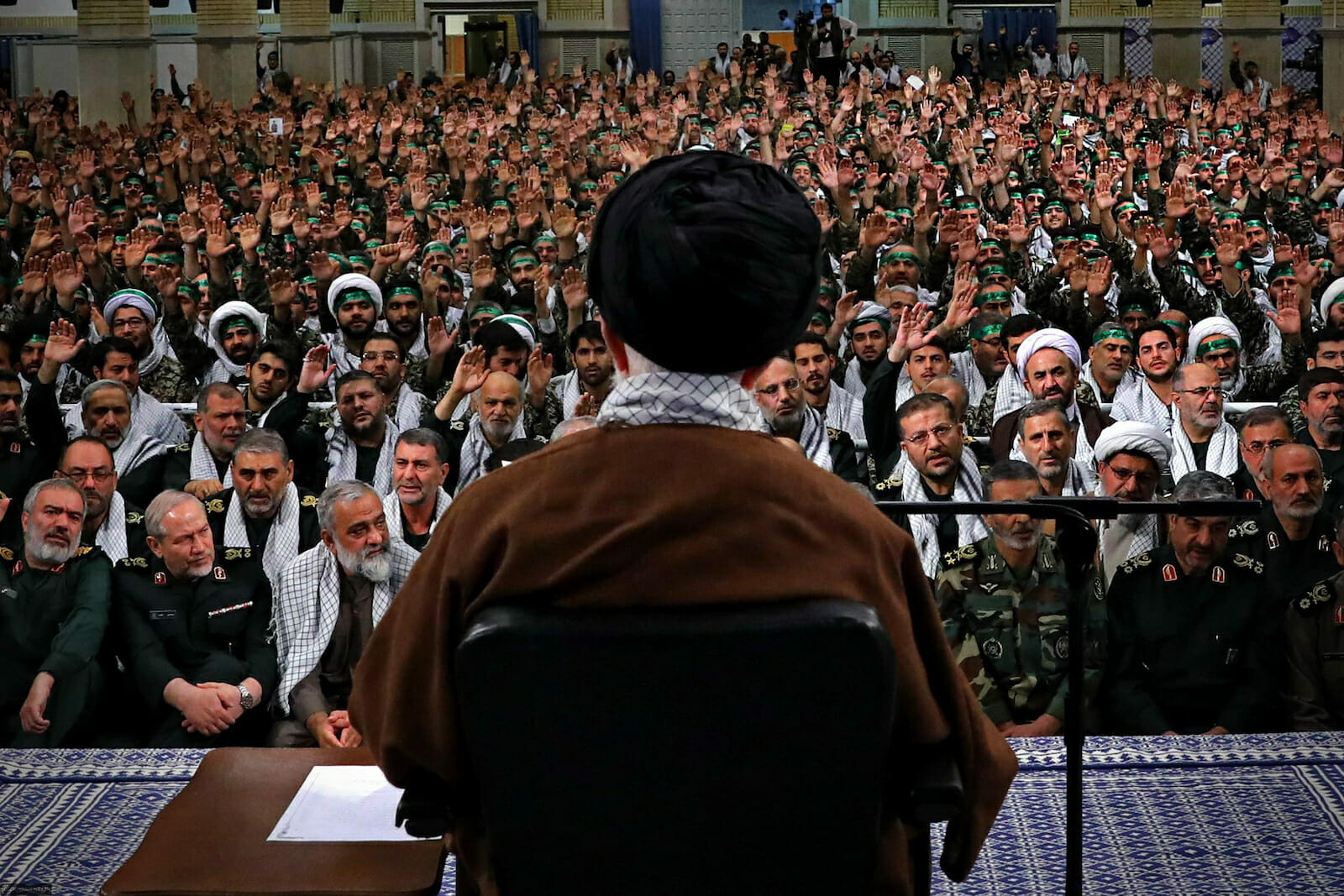
What Escalating Conflict with Iran Could Mean for Iran’s Baha’i Minority
Iran is home to an estimated 300,000 adherents of the Baha’i faith, a religious minority founded in Iran in the mid-19th century. Since then, the Baha’i faith has spread across the globe and garnered millions of adherents. Yet, the Baha’i community in Iran has faced persecution since its founding and continues to be persecuted under the current regime.
Today, Iranian Baha’is can expect to face hardships in attaining education, establishing financial security, and worshipping without retribution. Although Iran claims to respect the rights of religious minorities, only Christians, Jews, and Zoroastrians are recognized as religious groups in the Iranian constitution. Baha’is are not categorized as a religion by the government. Instead, many Iranians consider Baha’is to be a political faction and social agitators. As a result, many Baha’i leaders have been imprisoned, Baha’is are barred from attending university, Baha’i businesses have been closed and their property seized, and some Baha’i cemeteries have been destroyed. This type of persecution will only worsen if the United States escalates conflict with Iran and forces Iran into a crisis situation.
In general, religious and ethnic minorities occupy a tenuous position within the nation. As a minority, they are distinct from the population at large and therefore, represent difference and disunity. They are often suspected as having varied allegiances and subversive tendencies, whether they actually do or not. Minorities come to be seen as a threat to national cohesion and unity unless properly assimilated into majoritarian society. For example, China has detained hundreds of thousands of Uyghurs, a Turkic Muslim minority, in order to impose loyalty and force assimilation.
During times of violent conflict and crisis, attempts at assimilation or peaceful coexistence between various groups breaks down into outright persecution and violent attacks. Iraq is perhaps the clearest example of how war and political instability resulted in the escalation of sectarian conflict and religious-based violence. In the wake of the U.S. invasion of Iraq, tensions between Sunni and Shia Muslims spiraled out of control, nearly amounting to civil war. Likewise, the 2013 coup in Egypt sparked widespread clashes and demonstrations. As a result, Egypt witnessed the largest number of attacks on the Coptic Christian minority in recent history. In times of deep instability and shifting power relations, persecuting minorities is a means for either the government or the majority population to exercise control and power that they feel they are losing in other areas.
The Baha’is in Iran have always been a distinct minority, viewed with suspicion. There is no doubt that under conditions of escalating conflict and crisis, Baha’is in Iran can expect to face heightened persecution and possibly violent attacks.
The United States has always been a strong supporter of Baha’is in Iran and has defended their right to religious freedom and human dignity. Baha’is are active participants in global affairs and regularly promote ideals of gender equality, environmental sustainability, and human rights at United Nations summits and international forums. Baha’i values often align with U.S. policy interests and moral principles. Due to America’s affinity with the Baha’i faith, Congress has passed a number of resolutions condemning the Iranian persecution of Baha’is and calling for unqualified religious freedom. The Specter Amendment of 2004 even facilitates Baha’is’ path to immigration to the U.S. by lowering the evidentiary burden for Baha’is to attain refugee status.
Some have argued that the United States uses the Baha’i minority in Iran as a symbolic pawn to advance larger policy agendas and condemn Iran for other actions which are detrimental to U.S. interests. However, if the U.S. truly cares about global religious freedom and protection of religious minorities, as it should, then instead of using the Baha’i persecution as a symbol of Iranian immorality, U.S. policymakers need to take seriously the protection of Baha’is. The U.S. has espoused protection and close relations with Baha’is for decades but aggression towards Iran would jeopardize this trust and security.
Not only is there a sizable Baha’i minority in Iran but there are also hundreds of thousands of Christians as well as a small Jewish minority who face similar discrimination in Iranian society. Instability of the Iranian government and military crisis will deteriorate conditions for all of these religious groups, not to mention Iran’s ethnic minorities, such as the Kurds.
Before the United States launches into aggressive actions towards Iran, policymakers need to strongly consider how their actions impact Iran’s most vulnerable populations, who in some cases depend on the U.S. and the international community for security and stability.
